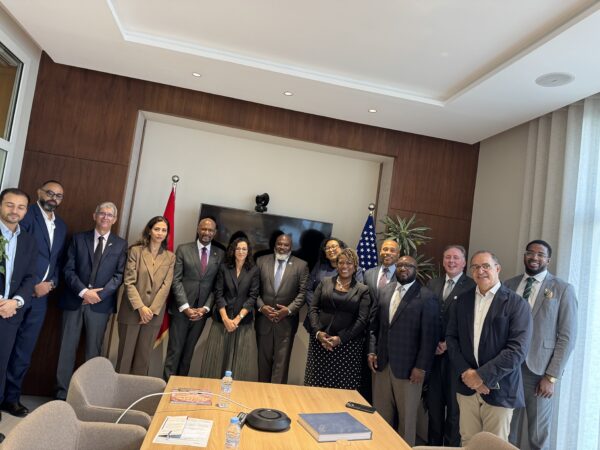Organizations today face unprecedented challenges—from technological advancements to heightened competition and evolving customer expectations. In this context, incremental changes often fall short. What is needed is a transformative approach that fundamentally revises how businesses operate. This is where Business Process Reengineering (BPR) comes into play. Business Process Reengineering involves a radical redesign of an organization’s core processes to achieve dramatic improvements in productivity, efficiency, and quality.
Introducing Business Process Reengineering
Business Process Reengineering (BPR) rethinks and redesigns workflows to better support an organization’s mission and reduce costs. In practical terms, BPR seeks to help organizations restructure by focusing on ground-up design of their business processes. This approach necessitates looking beyond the superficial layers of business operations and diving into the core elements to identify transformative solutions. PMCS, with our robust methodologies and industry expertise, assists organizations in undertaking BPR initiatives by aligning their processes with strategic objectives, enhancing customer service experiences, and achieving significant efficiency gains.
Furthermore, BPR encourages companies to challenge conventional wisdom, questioning existing processes and seeking innovative alternatives. It’s more than just process optimization; it’s about completely reimagining how work can be accomplished in the most effective manner possible. This process often includes substantial technology integration, focused on automation and leveraging data analytics to drive decision-making.
Why Your Organization Needs Business Process Reengineering
A primary reason organizations need Business Process Reengineering is to maintain competitiveness in an ever-evolving marketplace. By fundamentally rethinking and redesigning business processes, companies can eliminate inefficiencies that result in unnecessary costs and operational bottlenecks, thus enabling a more streamlined workflow. This manifests not only in tangible cost savings but also in qualitative enhancements such as improved service delivery and increased customer satisfaction.
Additionally, BPR is crucial for organizations seeking agility and adaptability in a rapidly changing business environment. A culture of continuous improvement allows organizations to adopt new technologies and methods that boost efficiency. PMCS helps align operations with strategic goals, enabling companies to seize opportunities and tackle global challenges with agility.
For businesses aiming to achieve sustainability and long-term growth, embracing BPR offers a comprehensive blueprint for transforming operational effectiveness into strategic advantage. It not only simplifies processes but also aligns them with customer expectations and organizational goals.
How PMCS Facilitates Transformational Improvements through BPR
PMCS uses a multifaceted strategy to ensure successful, long-term business process reengineering. It starts with Assessment and Analysis. Experts evaluate current processes using qualitative and quantitative tools. They identify inefficiencies, gaps, and innovation opportunities, building a strong foundation for change.
Subsequently, the Process Design phase leverages these insights to develop new workflows aimed at maximizing efficiency and effectiveness. PMCS collaborates with clients to design processes that are not only innovative but also practical and achievable, taking into account current capabilities and future scalability. This often involves integrating advanced technologies such as artificial intelligence and cloud computing to automate repetitive tasks and enhance decision-making.
In the phase of Technology Integration, PMCS ensures that redesigned processes are supported by cutting-edge technological solutions. This integration plans for scalability, ensuring that the technological framework can adapt to evolving business needs. PMCS works closely with its clients to ensure a seamless transition from old systems to new, minimizing disruption and maximizing immediate benefits.
The Implementation and Change Management phase ensures stakeholder engagement and support. PMCS ensures stakeholder engagement through training, communication plans, and support services. The Implementation and Change Management phase helps staff adapt to new processes. Post-implementation, PMCS drives Continuous Improvement with monitoring, feedback, and adjustments to align with evolving goals.
Ready to Deploy BPR on Your Business?
Business Process Reengineering drives renewal and sustainable growth. For companies seeking a competitive edge, BPR provides a structured path to operational excellence and agility. PMCS partners with organizations to ensure lasting value, aligning each initiative with core principles.
Engaging with PMCS in Business Process Reengineering means investing in a future where your organization is not just surviving, but thriving amidst complex challenges and dynamic markets. Through expert guidance and strategic innovation, PMCS ensures that business processes are not only adequately reengineered but are set up to support long-term excellence and market leadership.







